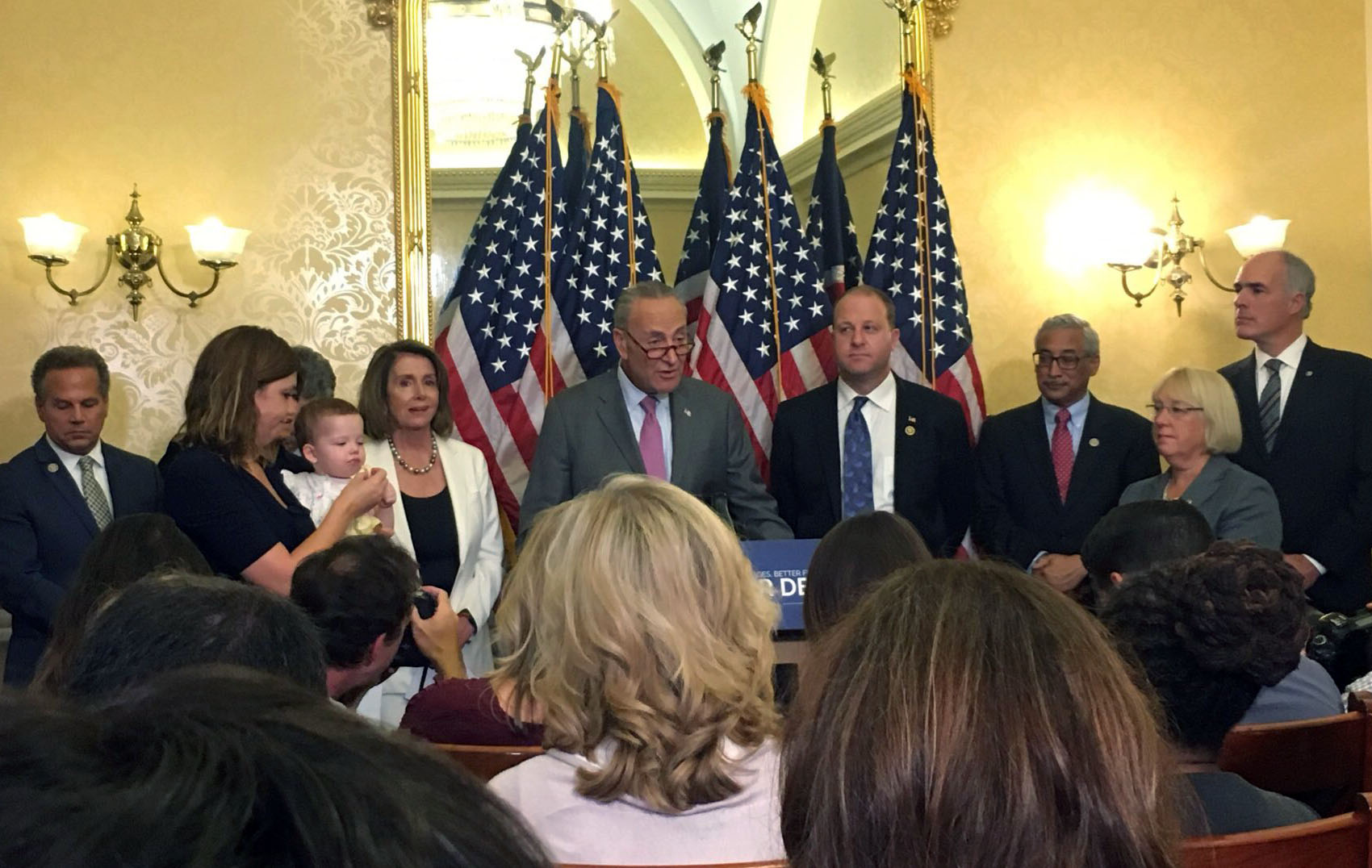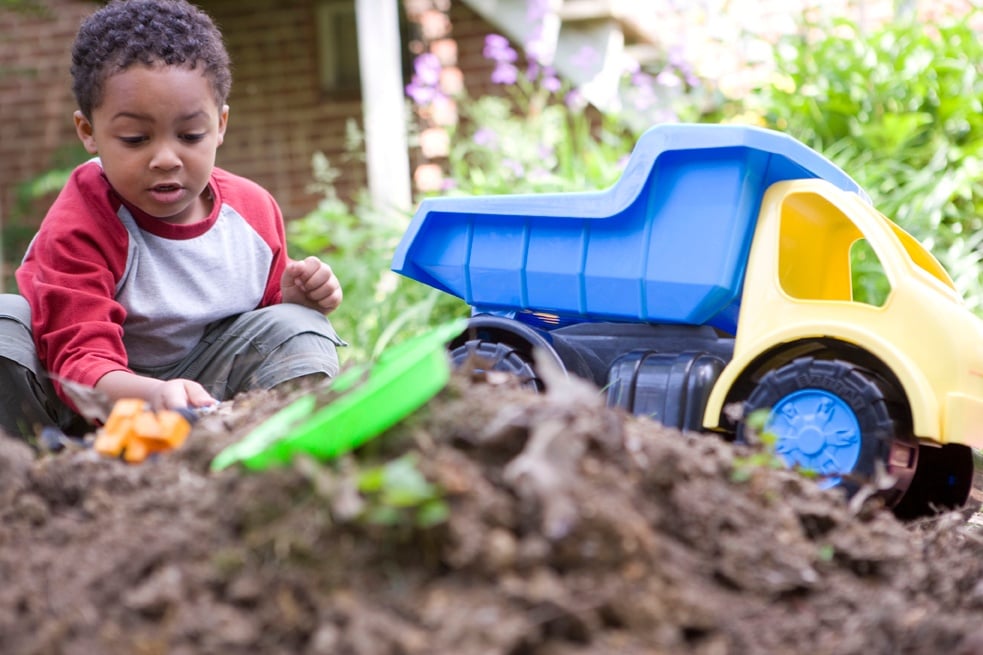The Problem:
In the past few months, much has been written about the too-common issue of preschool expulsion. Where can early childhood educators turn if they want to better understand the issue, its root causes, and how they can become part of the solution?
One Solution:
The National Center for Early Childhood Health and Wellness (NCECHW) recently published a resource on Understanding and Eliminating Expulsion in Early Childhood Programs. Not only does it define the issue and describe the association between challenging childhood behaviors and expulsion rates, it explores why expulsion is a concern, why it’s happening, and what role teachers and caregivers can play in reversing the trend. In addition, it lists helpful resources for both infant/toddler and preschool teachers.
One section of the six-page document addresses the national response to the magnitude of the expulsion problem. Among other steps:
- Early childhood programs are being encouraged to implement policies to reduce and eliminate preschool expulsion, and
- Some federal programs are pushing early childhood settings to adopt mental health supports—such as infant/early childhood mental health consultation—that help reduce preschool expulsion.
The document also addresses the important role that teachers and programs have in helping stem the uptick in expulsions. A few of the strategies/recommendations include that:
- Teachers be equipped to respond to and help prevent challenging behavior;
- Providers build skills in and understanding of child development, cultural awareness, family dynamics, and trauma; and
- Programs foster strong partnerships with families—a critical factor in reducing expulsion.
Understanding and Eliminating Expulsion in Early Childhood Programs is posted on the NCECHW portal of the Early Childhood Learning & Knowledge Center (ECLKC).






